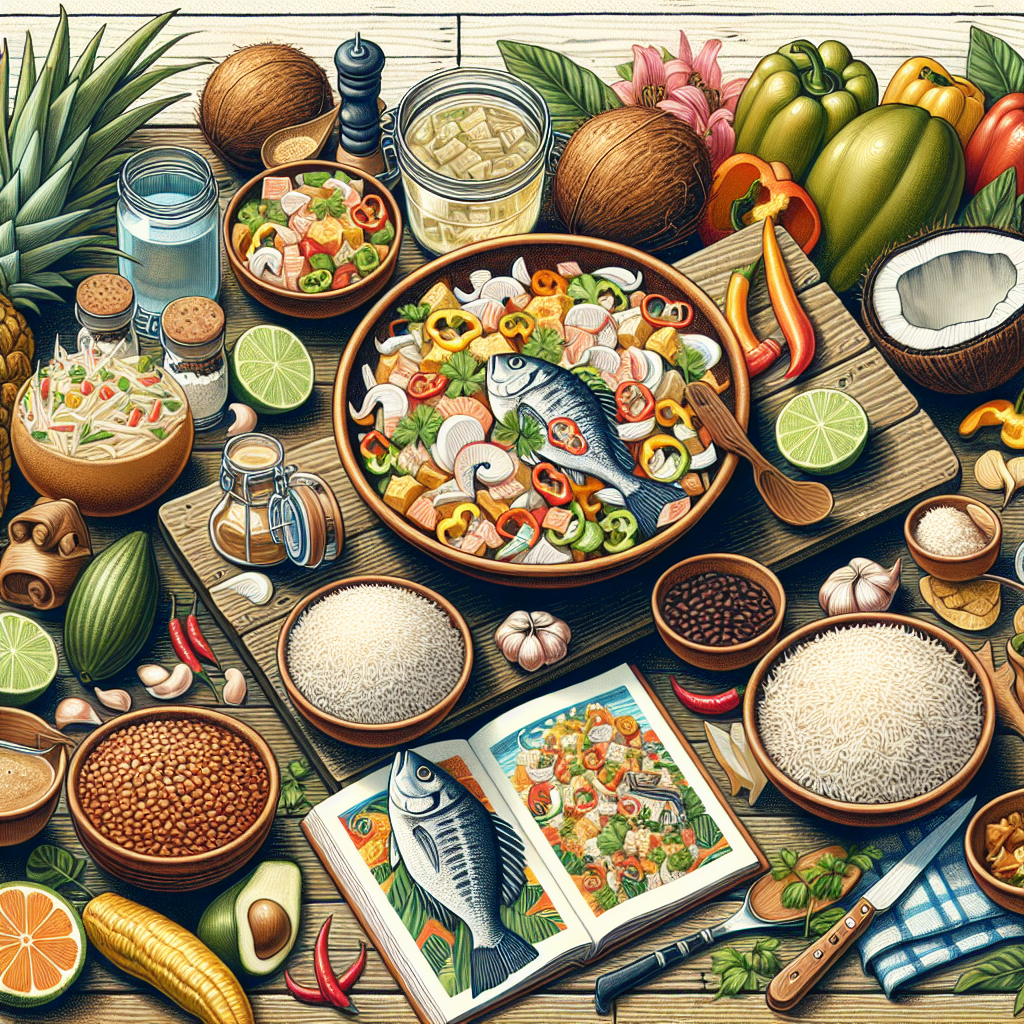
From the Heart of Belize: Exploring the Culture and Quality of Local Beef
From the Heart of Belize: Exploring the Culture and Quality of Local Beef
Nestled in the heart of Central America, Belize is a country recognized for its breathtaking landscapes, diverse ecosystems, and rich cultural tapestry. While its azure waters and white sandy beaches often steal the limelight, there’s another aspect of Belize that is equally captivating—its local beef industry. For those who venture beyond the postcard-perfect coastlines into the verdant heart of the country, Belize offers a unique culinary journey through its locally-sourced, flavorful beef.
A Cultural Mosaic
Before delving into the world of Belizean beef, it’s essential to understand the vibrant cultural mix that influences its production. Belize is a melting pot of ethnicities, including Mestizos, Creoles, Garifuna, Maya, Mennonites, and more. Each group has contributed its unique culinary flair to the local cuisine, making Belize a gastronomic paradise. Beef plays a vital role in this culinary blend, featured in traditional dishes like "sere," a rich coconut milk stew, and "escabeche," a tangy onion soup garnished with strips of tender meat.
The Quality of Belizean Beef
The quality of Belizean beef is a reflection of the country’s commitment to sustainable agriculture and ethical farming practices. The majority of Belize’s beef comes from small to mid-sized farms, where cattle are often grass-fed and free-range. The lush pastures enriched by Belize’s tropical climate provide an ideal environment for raising healthy cattle without the over-reliance on industrial feedlots and antibiotics.
The Mennonite community, in particular, has been instrumental in advancing cattle ranching in Belize. Known for their diligent farming techniques and community-oriented approach to agriculture, Mennonite farmers have helped enhance both the quality and yield of local beef. Their practices emphasize care and skill, resulting in meat that is both tender and flavorful.
Environmental Considerations
Belize is deeply committed to preserving its natural beauty and biodiversity. This commitment extends to its agricultural practices, where a conscious effort is made to balance economic growth with environmental stewardship. Many local farmers employ sustainable techniques that minimize environmental impact, such as rotational grazing and agroforestry, ensuring the preservation of forests and watersheds while providing high-quality beef products.
A Culinary Exploration
Exploring Belizean beef means more than just sampling different cuts; it’s an immersive cultural experience. Whether you’re dining at a seaside restaurant in Placencia, enjoying a BBQ with local residents in San Ignacio, or indulging in street food in the bustling markets of Belize City, beef is a staple that tells the story of Belize’s culinary heritage.
Conclusion
From the grassy pastures of the Mennonite farms to the diverse kitchens across the country, Belizean beef is a testament to the interplay of culture, tradition, and sustainability. As more travelers seek authentic experiences colored with local flavors, Belize offers an intriguing opportunity to taste beef that embodies much more than just nourishment—it tells the rich story of a nation’s heart and soul.



